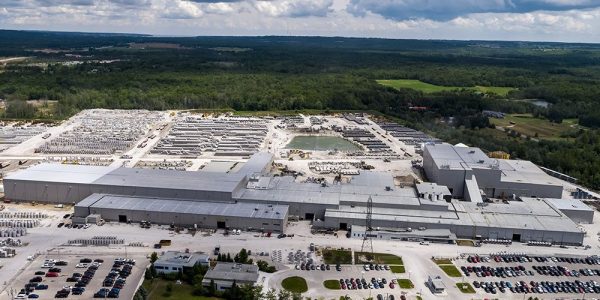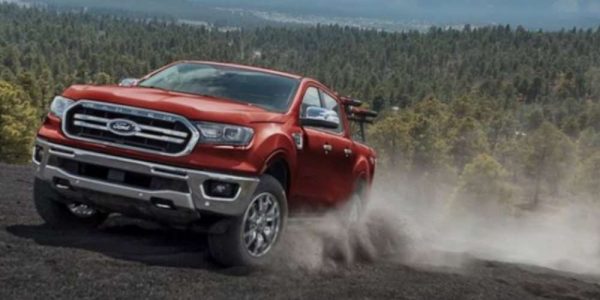
In 1972, the last human beings stepped foot on the Moon. In the nearly 50 years since the Apollo missions, NASA has never sent another craft, manned or not, to our giant neighbour in the sky. Well, thanks to a newly funded startup, that's about to change.
A company called Astrobotic will begin to ferry scientific instruments to the lunar surface starting next year. NASA will be paying the agency $2.6 billion as part of the new Commercial Lunar Payload Service program. The agency hopes to get at least two landers on the Moon every single year.
“MoonRanger will be the first truly autonomous micro-rover on the lunar surface. It is designed to map its surroundings and make intelligent navigational decisions based on what it sees without being guided, supervised, or teleoperated from Earth,” says Joseph Zimo, Lead Systems Engineer for Planetary Mobility at Astrobotic.
"They promise to bring a bounty of new science: maps of the subsurface water recently detected from lunar orbit, the first probes of the lunar interior since the Apollo landings, visits to mysterious magnetic anomalies, and unprecedented views of Earth’s magnetic field and deep space," said Stuart Bale, a space scientist at the University of California.
Landing rovers on the Moon is by no means a guarantee, however. The technical challenges that go along with landing on the lunar surface are immeasurable, and there has even been a failed project in the past few years.
A mission conducted by an Israeli company and the Indian Government successfully deployed a lunar orbiter to the Moon that relays scientific data back to earth, however, when attempting to place a rover aimed at the South Pole of the moon (somewhere no lunar mission had gone before) the spacecraft's braking thrusters malfunctioned, and the rover was forced to make a hard landing from which it never recovered.
Related Science News: Waymo to begin deploying autonomous cars to New York
NASA and the companies involved in the new program are eager to get started but understand the priority of making the first landing a success. A few failures early on could see a retraction of funding.
Featured image: Rakicevic Nenad via pexels.com











